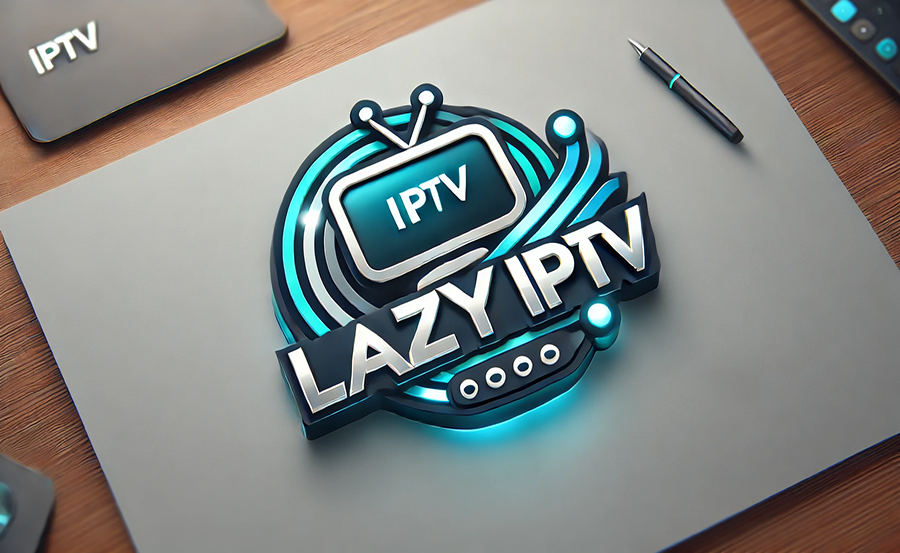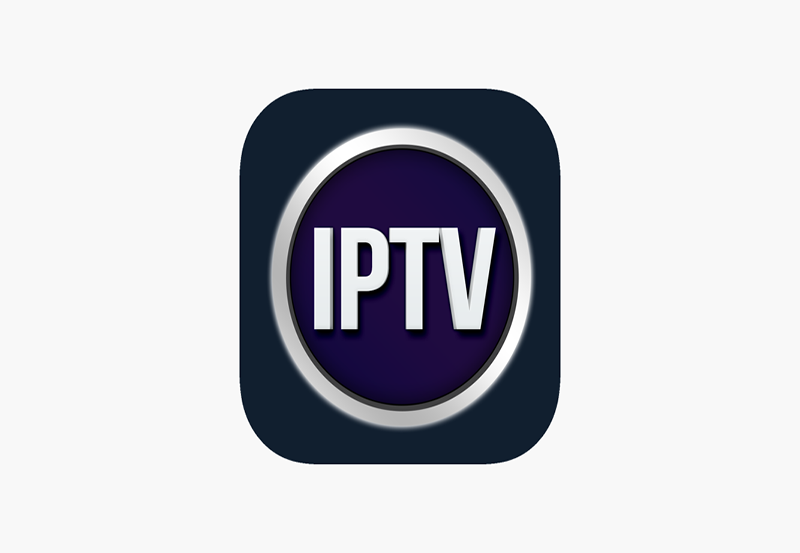Lazy IPTV is an incredible tool that lets you stream your favorite shows using an M3U playlist format. Discovering the best IPTV service can be a game-changer in how you view digital content. However, setting everything up might seem a complex world to dive into, especially if you’re new to this technology. Don’t worry—this guide will walk you through all the essential steps while providing practical tips to enhance your IPTV experience.
Throughout this article, you will learn to set up Lazy IPTV from scratch, maximize your IPTV experience, and unravel the myriad possibilities that come with it. Whether you’re looking to cut the cable cord or diversify your streaming options, this is your all-in-one resource to get started.
Understanding Lazy IPTV
Before getting into the nitty-gritty of setting up, it’s useful to understand what Lazy IPTV is. Essentially, it’s a tool that facilitates the streaming of television shows and movies via the internet, using M3U playlists for IPTV. It organizes your media into a simple interface that’s both user-friendly and efficient. Now, you may be wondering, “Why choose Lazy IPTV?”
Features of Lazy IPTV
One prominent feature of Lazy IPTV is its compatibility with various formats and devices, allowing users to import playlists easily. Additionally, it supports numerous streams, providing a wide range of content from different sources. Some of the other features include:
- Easy Playlist Management
- Parental Controls
- EPG (Electronic Program Guide) Integration
These tools make it simple to not only organize but also customize your viewing experience.
Getting Started: Installing Lazy IPTV
The first step towards immersing yourself in Lazy IPTV’s benefits is getting it on your device. Whether you’re using Android, iOS, or a Smart TV, installation is simple but varies according to the platform. Let’s walk you through each.
Installing on Android
For Android users, the process is fairly straightforward. You will start by visiting the Google Play Store and searching for Lazy IPTV. Tap on the install button, and within minutes, you’ll have access to one of the best IPTV services available.
Setting Up on iOS Devices
Though slightly different, installing Lazy IPTV on iOS devices doesn’t have to be complicated. Third-party app stores, such as Cydia, can guide you through the process. Ensure your iOS device has appropriate settings enabled to allow installations from unknown sources.
Optimizing M3U Playlists for IPTV
Once installation is complete, the next step involves loading your M3U playlists for IPTV. These playlists are essentially lists of channels allowing you to start streaming either live TV or recorded content.
Creating Your Playlist
To get the most out of your IPTV experience, curate your playlist by choosing channels that align with your interests. Some playlists come pre-made, containing popular channels, while others allow you to customize from scratch. Here’s how:
- Research popular and reliable sources for M3U links.
- Input links directly into the Lazy IPTV app using the ‘Add Playlist’ feature.
-
Buy 1 Year IPTV Subscription and Enjoy Unlimited Content
Be sure to keep your lists updated to ensure smooth performance and constant access to new content.
Maximizing Your IPTV Experience
Once you’ve set up your system, the journey to getting the most from your IPTV setup begins. Consider these strategies to enhance viewing pleasure, ensure stable connections, and discover more content.
Improving Internet Connection
A stable internet connection is crucial. To optimize streaming quality, follow these simple steps:
- Use wired connections like Ethernet when possible.
- Upgrade your internet plan if suffering frequent interruptions.
In case of buffering issues, adjusting the video quality settings within the app may help. Remember, a seamless connection drastically affects your viewing satisfaction.
Integrating Other Devices
Lazy IPTV isn’t limited to just smartphones; you may want to enjoy your favorite shows on larger screens. Here’s how you can extend your viewing experience:
Connecting to Smart TVs
Many Smart TVs support Lazy IPTV natively through various apps. Simply navigate to the app store available on your TV, search for Lazy IPTV, and begin installation. This allows you to enjoy all IPTV functionalities on a broader display.
Streaming via Chromecast
Another option is using Chromecast to transmit your media from your mobile device to your TV. Once both devices are connected to the same network, you can typically cast directly through the IPTV app.
Frequently Asked Questions

1. What makes Lazy IPTV the best IPTV service?
The integrated support for multiple streaming formats and user-friendly interface makes Lazy IPTV appealing for both beginners and experienced users.
2. How can I find M3U playlists for IPTV?
Research online communities, forums, and trusted sources dedicated to streaming content. Make sure to use legal and verified lists to avoid complications.
3. Is Lazy IPTV compatible with iOS devices?
While not as straightforward as Android installations, iOS users can still enjoy Lazy IPTV through alternative app stores that support third-party applications.
4. Can I use Lazy IPTV on more than one device?
Yes, Lazy IPTV can be installed on multiple devices. Each installation will require its own setup of playlists and configuration.
5. What do I do if my streams buffer frequently?
Check your internet connection, consider lowering video quality settings, or clear the app’s cache to improve buffering issues.
6. How often should I update my playlists?
Regular updates ensure the latest content is available. You should aim to review your playlists for any broken links or changes every few weeks.
7. Is Lazy IPTV legal to use?
Lazy IPTV itself is legal, however, using illegally sourced content within the application can breach laws. Always use verified and legal sources for M3U playlists.
Embarking on your IPTV journey doesn’t have to be intimidating. With smart setup and optimization, you can unlock a world of limitless channels and shows waiting just a click away.
Top 10 UK IPTV Providers in 2024: Ultimate Guide for Streaming




